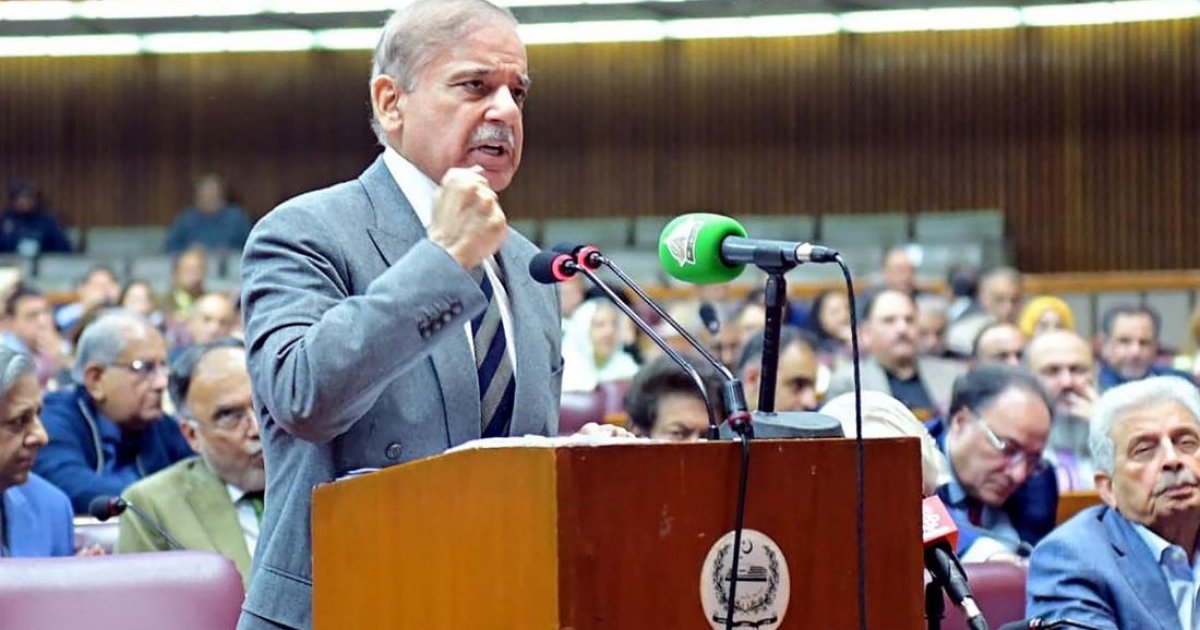Pakistani lawmakers have approved a constitutional amendment granting lifetime immunity to the president and army chief, while overhauling the judiciary and military command.
AFP looks at what the 59-clause text changes, and why it matters.
What did the amendment do?
The 27th constitutional amendment, passed by both houses of parliament on Thursday and signed into law a few hours later by President Asif Ali Zardari, grants him lifetime immunity.
Zardari, who already enjoyed immunity while in office, will retain legal protection even after leaving the presidency so long as he attains no other public office.
“Such immunities are usually granted in absolute monarchies to sovereigns and not to elected leaders who should be accountable,” lawyer Osama Malik told AFP.
Army chief Asim Munir was also granted lifetime immunity.
Munir, elevated to the rare rank of field marshal after clashes with India in May, will keep his rank and privileges for life and assume the new role of chief of defense forces, giving him command over the army, navy and air force.
“The entire hierarchy of the armed forces has been changed, which is going to cause serious internal rifts,” said Malik.
How does it change the judicial system?
The amendment creates a Federal Constitutional Court with exclusive jurisdiction over constitutional cases, stripping the Supreme Court of its original powers.
Pending petitions will be transferred to the new court, whose judges were sworn in on Friday.
The amendment also grants the president the power to transfer Supreme Court judges, which experts warn may have an impact on judicial independence.
Critics say the provision could be used to punish non-compliant judges.
How did officials and politicians react?
Two Supreme Court judges resigned in protest.
“The 27th Constitutional Amendment stands as a grave assault on the Constitution of Pakistan,” one of them, Mansoor Ali Shah, wrote in his resignation letter.
“By fracturing the unity of the nation’s apex court, it has crippled judicial independence and integrity, pushing the country back by decades.”
Government ministers hailed the changes as “historic,” while opposition lawmakers protested during the vote.
Members of the Pakistan Tehreek-e-Insaf (PTI) party of jailed former prime minister Imran Khan called the reform “deeply undemocratic” and “the final nail in the coffin of an independent judiciary and a functioning democracy.”
Experts say the changes could affect nearly 200 pending cases against Khan, who was ousted after a falling out with the powerful military and remains in jail over corruption and other charges.
What could happen next?
Munir was set to retire in 2027, but now as chief of defense forces he will stay on until 2030, which defense analyst Ayesha Siddiqa told AFP “gives him an opportunity to oversee the next elections.”
Shuja Nawaz, an author and expert on South Asia, said that politicians in the current coalition “expect his support when elections come.”



